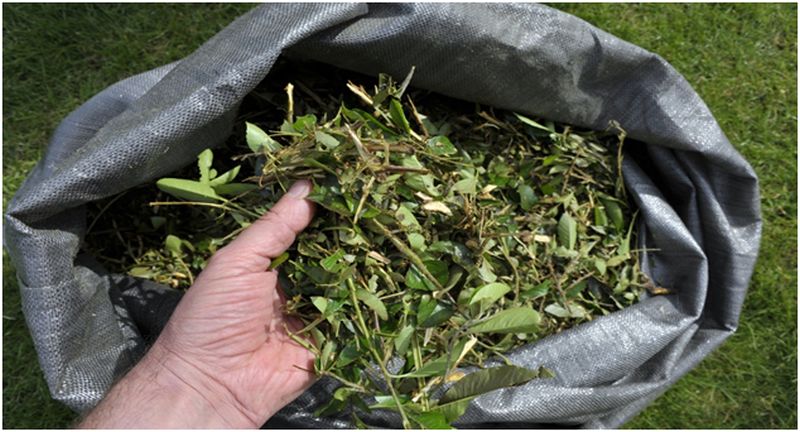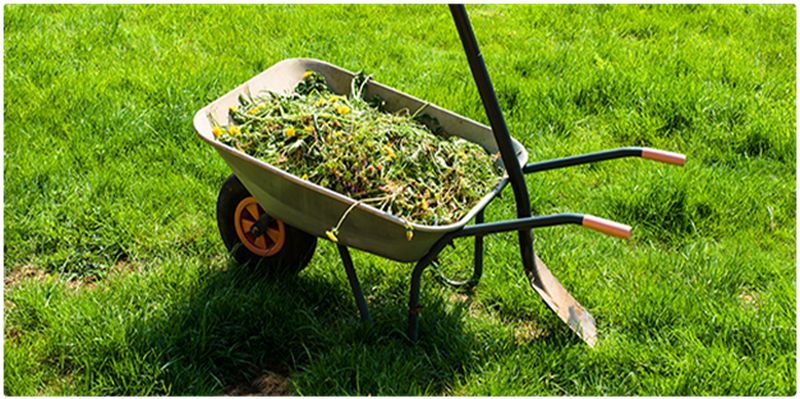How To Properly Dispose Your Green Wastes
Australians rank as one of the highest waste producers in the world. Government officials, report Australia creates 74 million tonnes of waste per year. However, only 60% of it makes it to recycling centers. Citizen’s confusion over what is and is not recyclable may be responsible. Recently, you may have seen new green waste bins in your community. These are for proper disposal and management of green waste. Correctly sorting your rubbish is critical for managing Australia’s waste output.
What is Green Waste?
Green waste is recyclable material from our homes and gardens used to create compost. For example, grass clippings, bark, twigs, and leaves. These organic materials are biodegradable. So, they decompose naturally with the help of bacteria. However, green waste ends up in a landfill when placed in the rubbish bin. There it releases methane and other greenhouse gases. Reducing green waste in landfills significantly lowers carbon emissions. Additionally, green waste also produces leachate, a liquid created when material breaks down. It pollutes waterways and groundwater. This harms both humans and wildlife.
Where Does Green Waste Go After Being Collected?
- Professional rubbish removals services collect waste placed in the green bins. They then transport it to a processing facility. Their disposal method differs from other waste.
- Once on-site, the facility sorts the material by hand. They remove any trash, plastics, or other materials.
- The waste passes through a grinder. Workers then lay the resulting product into piles.
- Bacteria feed on green waste, but the byproduct is very smelly. The composting process is complex and requires temperature, oxygen, and moisture regulation.
- Sorting occurs again, separating pieces by size. Small pieces go directly to composting. Meanwhile, larger pieces pass through the grinder again.
- The piles undergo a heating process for at least 3 days. This kills pests, weed seeds, and pathogens that remain in the waste.
- Once composted, waste goes through another cleaning process. Afterwards, magnets remove metals like steel and iron. However, large pieces return to the grinder.
- Finally, the composting process is complete. The company sells the product as a soil blend or soil improver.
Recycled green waste fertilises your garden or landscape. High-quality compost helps soil retain nutrients and water. As a result, plants develop deeper root systems. This improves crop yields. Additionally, it supports soil organisms that enhance plant growth and reduces the potential for soil borne diseases. There is no longer a need to use pesticides or synthetic fertiliser.
What Can and Cannot Go to Rubbish Bins?

It is imperative to separate green waste when working on a gardening project. Do not place items in the green bin that do not belong. Waste management companies have a screening and cleaning process. Unfortunately, items that do not belong still make it through. Trash contaminates the entire batch of compost. As a result, companies cannot efficiently process as much waste. Trash also damages machines, causing costly repairs. Despite the best intentions, you may be negatively impacting the environment if you recycle incorrectly.
What Can Go in the Bin?
- Grass cuttings
- Flower cuttings
- Weeds (check local council)
- Leaves
- Branches
- Bark
- Woodchips
- Yard and shrub clippings
- Hedge trimmings
What Cannot Go in the Bin?
- Plastic bags
- Paper or cardboard
- Food and kitchen scraps
- Soil and potting mix
- Tree stumps
- Branches over 100 mm in diameter
- Rocks, stones, and gravel
- Treated timber
- Building materials and builders rubble
- Flowerpots
- Fence palings
- Copper logs
- Dead animals
- General waste (including chemicals, and household garbage)
Correctly recycling green waste positively impacts the environment. Reducing green waste in landfills lowers carbon emissions and protects waterways from pollution. Furthermore, composting enriches the soil, grows healthy crops for everyone, and reduces odors. Above all, be mindful when sorting materials into bins. If you have questions about what can and cannot go into the trash bin contact your council.
Article Submitted By Community Writer




